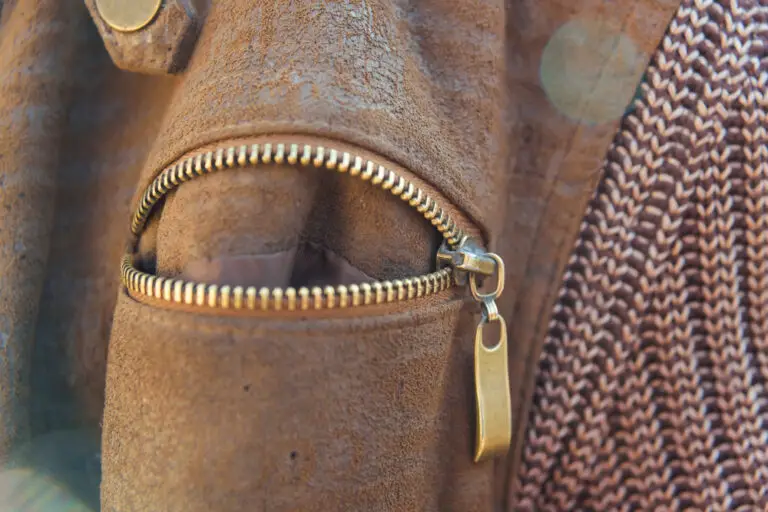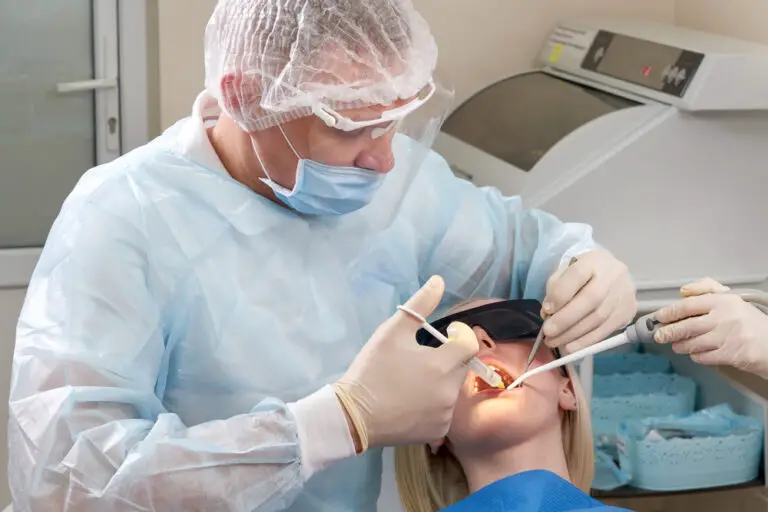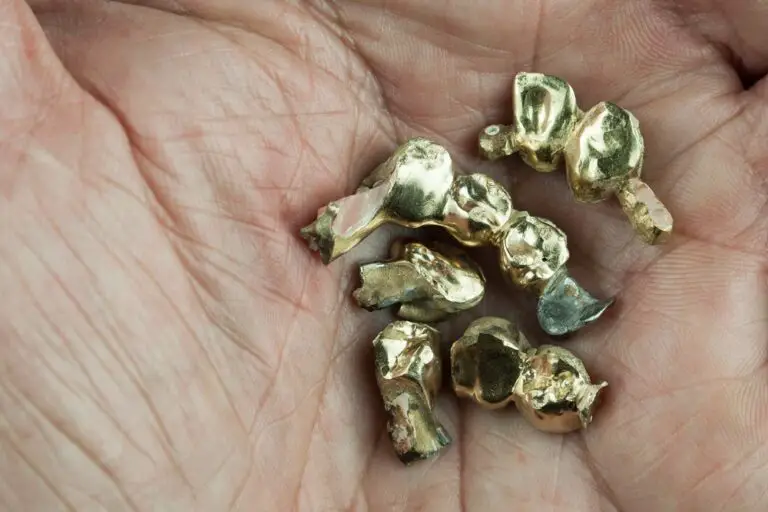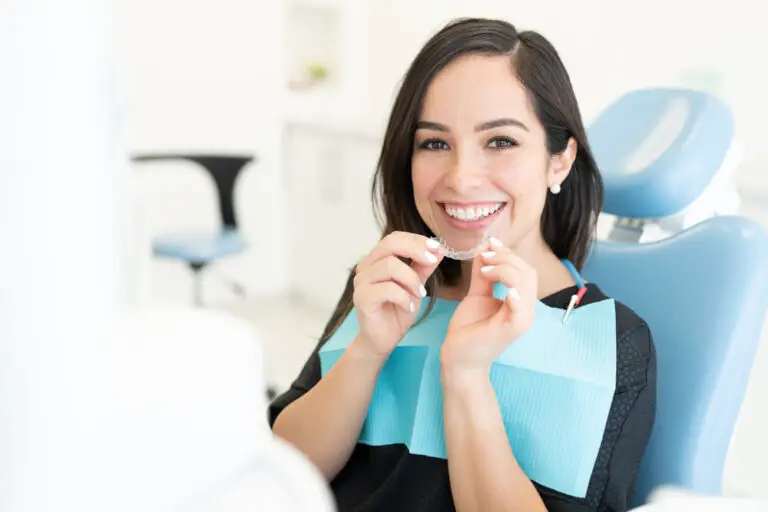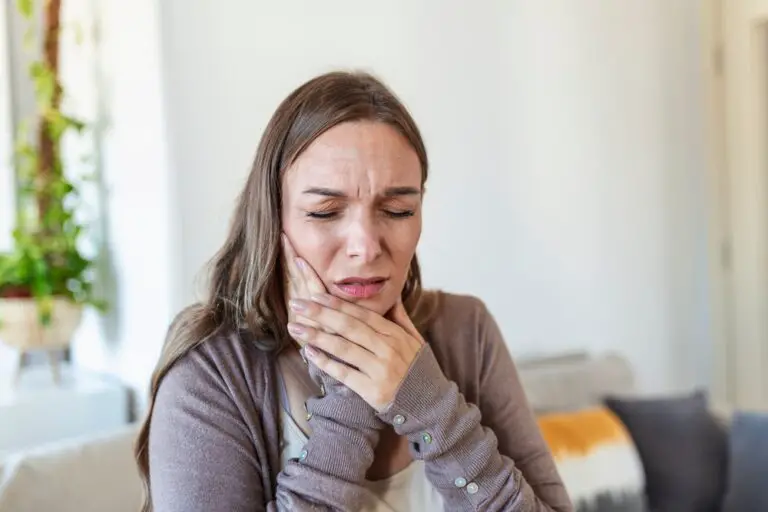Have you noticed that every time you go to the dentist, cold sores would start showing up around your mouth? You might brush it off as pure coincidence, but there are actually several reasons why this happens often after getting dental work done.
Cold sores aren’t just embarrassing—these mouth ulcers are painful, too. If getting painful cold sores is a common occurrence for you after you visit the dentist, you might want to go the extra mile and prevent them from showing up.
Today, we’ll take you through how to prevent cold sores after dental work, along with why these blisters show up in the first place. We’ll also share our top tips for caring for these sores if you do end up with them after a trip to the dentist.
Why Do I Keep Getting Cold Sores After Visiting the Dentist?
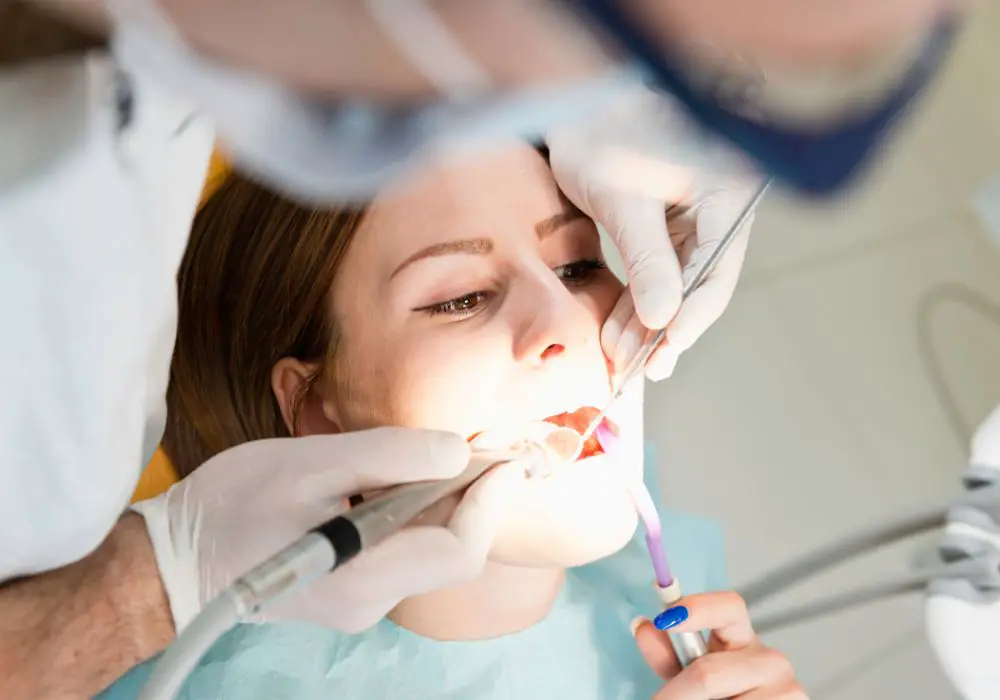
Cold sores, sometimes referred to as fever blisters, are small, red, painful blisters that form around the lips and mouth. They’re caused by a specific herpes simplex virus type called HSV-1—a common kind of herpes that results in infections near the mouth.
Don’t panic—HSV-1 is far from the dreaded genital herpes. Most people will get HSV-1 early in their childhood, maybe even in infancy. That’s why kids often complain about sores when they have them. It is transmitted through saliva or skin-to-skin contact, making it highly contagious.
After you initially catch this virus, it doesn’t go away. It just stays in your body in a dormant state until adulthood. When you have a weak immune system or get stressed, the virus comes alive again, which leads to cold sore outbreaks.
Other symptoms of cold sores from HSV-1 include itching in the mouth area, sore throat, fever, swollen lymph nodes, and feeling like your mouth is drier than usual.
But why do cold sores appear after getting dental work done? The answer is simple—trauma to the mouth.
When you’re in the dentist’s chair getting your teeth done, you might experience trauma to the lips. Small wounds or irritation to the mouth area weaken the tissues there, making it easy for a dormant HSV-1 to reactivate. As a result, you’ll see a fluid-filled blister or two near your mouth.
If you haven’t been infected with HSV-1 before, then you might have gotten the virus from the dental office. The dental clinic, after all, is a healthcare setting where diseases can be transmitted unknowingly.
Tips to Prevent Cold Sores After Dental Work
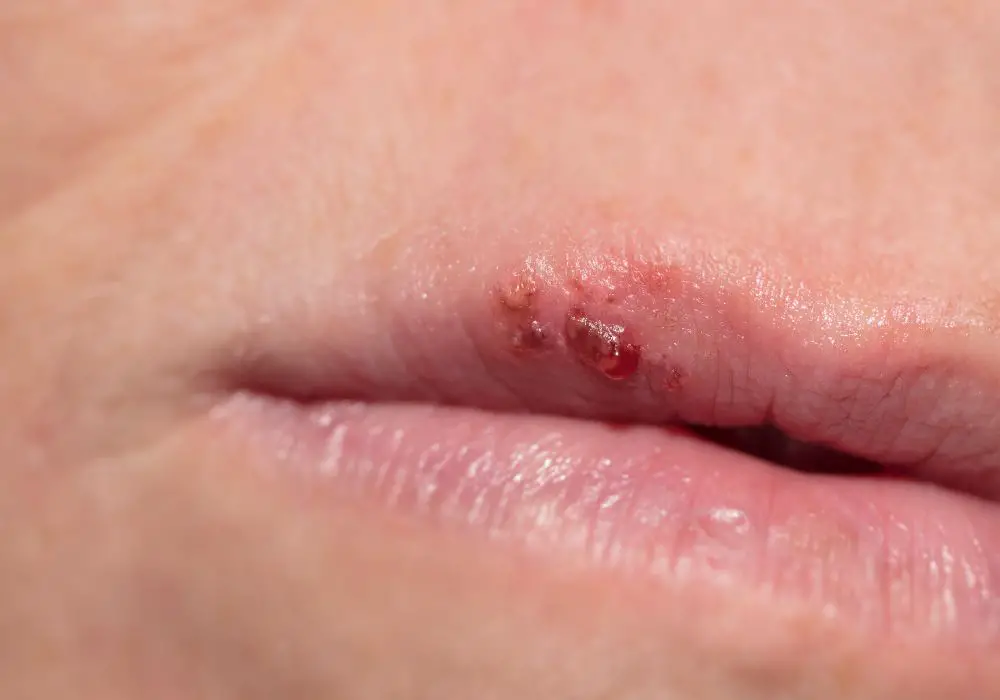
Want to ensure that you won’t experience those dreaded cold sores and scabs after your trip to the dentist this time around? Here are some ways you can prevent them from popping up around your lips and mouth.
1. Have a strong immune system before your appointment
Whether you haven’t gotten HSV-1 before or have a dormant virus in your body, making sure your body is strong and healthy keeps outbreaks at bay if you catch the virus. A weakened immune system will make you more susceptible to developing cold sores.
So, make sure that when you book your dental appointment, your body feels at its best. If you have a fever or severe headache on the day of your appointment, it might make you more vulnerable to cold sores later on. It might be best to delay your scheduled procedure until you’re better.
To ensure that your immune system is fine before getting dental work done, get a lot of rest and don’t fall victim to stress, as it’s a common trigger of HSV-1 cold sore outbreaks. Eat healthy food and make sure to take your daily dose of vitamin C in the days leading up to your appointment.
2. Ask your doctor for antiviral medicines
Speak with your trusted doctor to tell them about your cold sore situation that happens every time you visit the dentist. Ask them if there are any prescription antiviral medications you can take before going to the dentist to keep it from happening again.
3. Maintain excellent oral hygiene
A clean mouth is a healthy mouth. So, before your appointment, practice the best oral hygiene you can. Always brush your teeth, floss, and gargle with mouthwash to get rid of any bacteria that can make its way to your lips, aggravating any virus.
4. Practice proper lip care to avoid trauma to the lips
Before heading to the dentist, make sure your lips are healthy and moisturized. If your lips are dry, they are more likely to crack while the dentist works on your teeth. As a result, your skin can break, allowing viruses and other bacteria to enter. This can lead to cold sore outbreaks.
You’ll also want to avoid picking at the skin on your lips in the days leading up to your appointment. Any wound or lesion you accidentally cause while doing so can make you vulnerable to cold sores.
If you can, use an SPF-infused lip balm regularly. Not only will this moisturize your lips, but it can also protect them from excess sun exposure—another trigger of cold sores.
What to Do If You Get Cold Sores Anyway
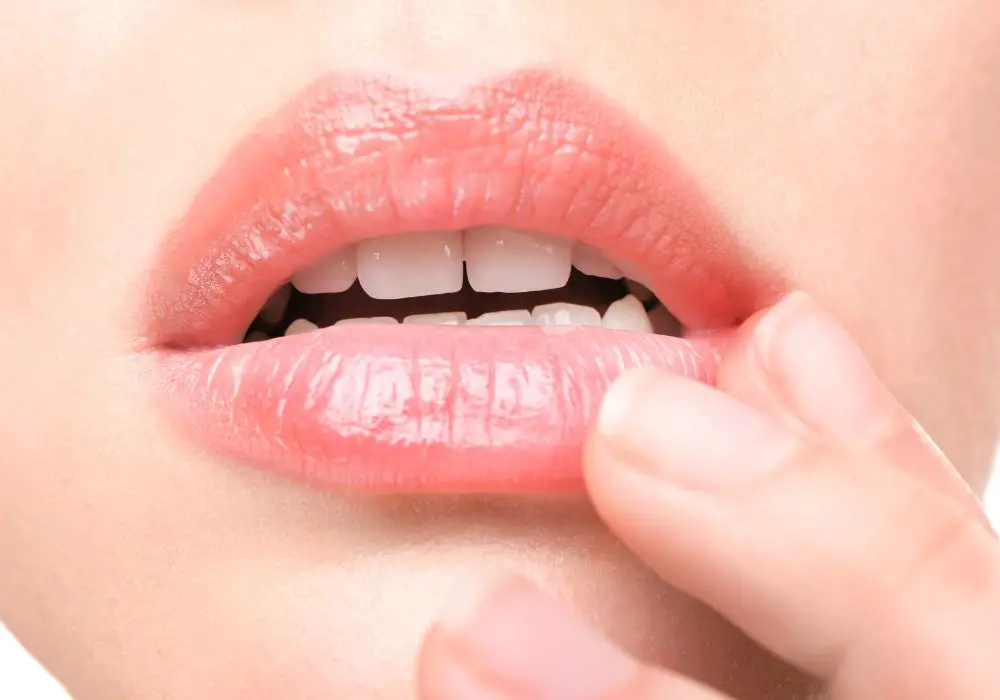
If you still end up getting cold sores after your dental appointment, don’t worry. The best cure for cold sores is to allow the natural healing process to take place. In about 7-10 days, your cold sores will heal completely—as long as you don’t pick at them or try to “pop” the blisters, of course.
Here are some things you should consider doing while you’re nursing your cold sores:
- Keep your lips and mouth area clean. Wash the area with a gentle cleanser or a saline solution to keep the sores from getting infected.
- Use a topical ointment like Zovirax, Valacyclovir, or Acyclovir to treat the blisters and help them calm down. Not only will your sores feel less painful afterward, but this cream can also speed up their healing process.
- Put a cold compress on your blisters, especially when they look and feel inflamed. This can help soothe the pulsating pain from the cold sores.
- If your sores are painful, you can manage the pain at home with over-the-counter pain relievers. For kids in particular, check with your family doctor about what medications they can take to keep the pain of cold sores at bay.
- Avoid hot and spicy foods. Sparkling beverages and acidic, citrusy fruits should also be avoided until the sores get better. These can be irritating to open blisters and can make the pain worse. They may also lead to an infection.
- Practice good hygiene at home. Remember, HSV-1 is highly contagious. Don’t share utensils, glasses, and even towels with other people, lest you pass on the virus to them. Avoid kissing and hugging others to limit the transmission of the virus.
If You Have Cold Sores Before Visiting Your Dentist…
If you have cold sores before your appointment, is it still a good idea to push through with it? Maybe not, but only your dentist will be able to give you sound advice on your situation.
All you have to do is be transparent. Call up your dentist before your schedule and notify them that you’ve noticed some blisters around your mouth. They’ll help you assess your cold sores. If you find that the sores are in their active stage, you will likely be asked to reschedule your dental work.
Dental clinics need to be as safe and sterile as possible to keep every healthcare worker and patient safe and healthy. If you have an active cold sore outbreak, you may compromise the clean, virus-free environment of the dental clinic and pass on the virus to people there.
Plus, if you end up getting your dental work done even with cold sores, there’s a good chance they’ll be even more painful from you opening your mouth a certain way. And if the blister is accidentally punctured, the infection can spread to other areas of your face, like your cheek.
Still not sure if you should book an appointment with your dentist if you have cold sores? Check out what this dentist has to say about the matter so you can weigh the risks before choosing to come in for dental work:
Conclusion
For some people, cold sores are a normal part of getting dental work done. But it doesn’t mean you should just tolerate or be a slave to them. Instead, follow the preventive measures and precautions we listed above to keep them at bay even after a long trip to the dentist’s office.
If you still end up getting cold sores, don’t worry. They will likely clear up in a few days. Just try to keep the area clean and avoid foods that will irritate it.
The best way to avoid getting cold sores altogether after visiting the dentist is to make sure you’re strong and healthy before even booking an appointment. Keep these measures in mind next time you’re anxious about going to the dentist and getting sores again. Your lips will thank you.

